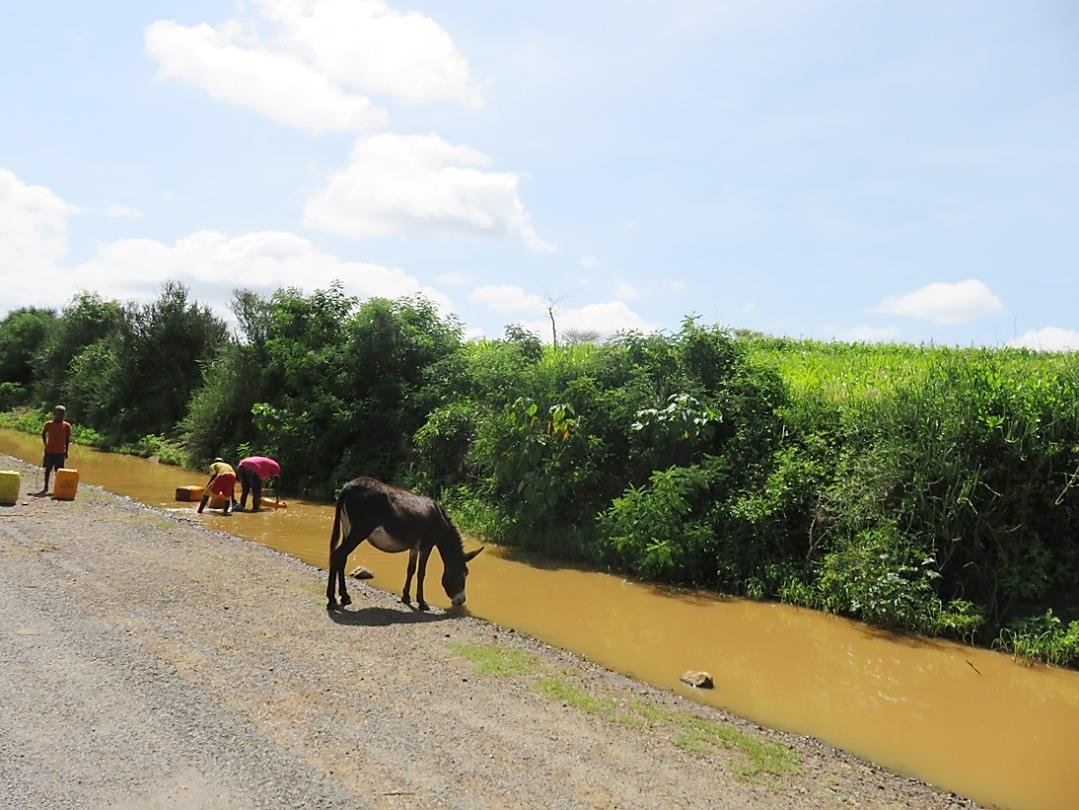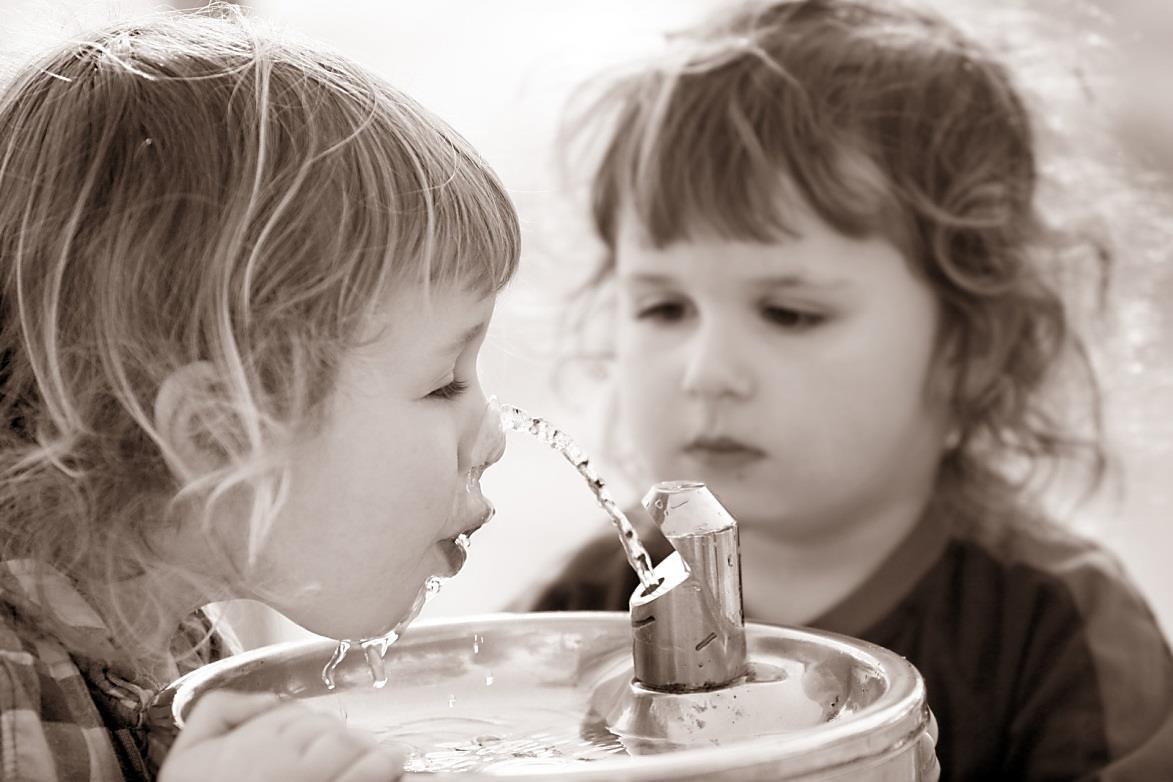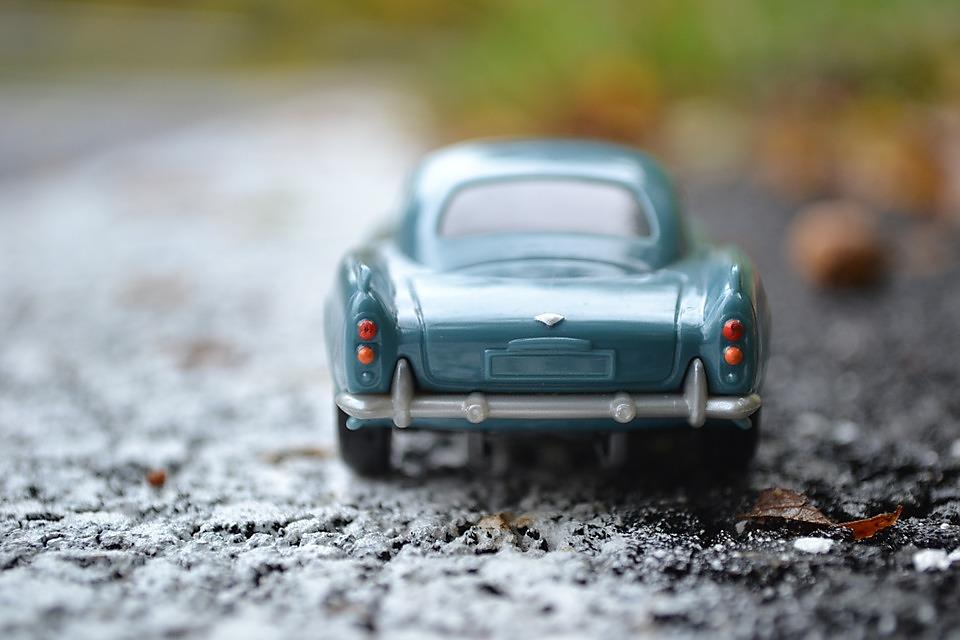
by Fern Shaw | Jul 18, 2016 | water cooler
There are so many schools of thought when it comes to our origins that it’s difficult to get a clear idea of which is correct (unless you have the moola to shell out for DNA testing which most of us don’t.)
Having looked at the historical migratory patterns of the Vikings though, I’m becoming more and more convinced that there are lots and lots of us in the UK that descend directly from these sea-faring Norsemen.
Records estimate that the first Viking longships sailed across the waters and landed in Britain in 793AD and that the Vikings went on to rule parts of England until the Battle of Stamford Bridge in 1066.
Vikings left behind buildings, culture and words that are still used in the English language today. Many English words, such as anger, ball, bairn, egg, got, knife, take, and they, are of Old Norse origin, and place names that end in -thwaite and -by are Scandinavian in origin.
Key findings from the research include that men from the Shetland (29.2 per cent) and Orkney (25.2 per cent) Islands, heavily populated by the Northmen in the Viking Age, are most likely to have Viking in their bloodlines.
South of Scotland, Yorkshire (5.6 per cent) and Northern England (four per cent) are the most prominent areas of the country for Norse Viking ancestry with more than 300,000 Northern men able to claim direct descent – accounting for almost a third of descendants.
Further south the percentage of Viking descendants drops significantly, with South West England home to as few as 40,000 father line descendants.
Despite being a known hotspot for the Vikings when they first landed, Ireland has very little sign of a Norse genetic contribution today, with only 1.4 per cent of men from the Emerald Isle thought to have Viking connections.
According to Wiki, the Romans invaded Britain in AD43. After that, for 400 years southern Britain was part of the Roman world. The last Roman soldiers left Britain in AD 410, and then new people came in ships across the North Sea. Historians call them Anglo-Saxons. The new settlers were a mixture of people from north Germany, Denmark and northern Holland. Most were Saxons, Angles and Jutes. There were some Franks and Frisians too. If we use the modern names for the countries they came from, the Saxons, Franks and Frisians were German-Dutch, the Angles were southern Danish, and Jutes were northern Danish.
So, descendants of Jute (Judey, Judey, hey Jude …♪), Angles and Saxons, interesting fodder for thought for your next water cooler hydration break – and ……. discuss!

by Fern Shaw | Jul 4, 2016 | water cooler
On Monday I received a quick update from AquAid South Coast about their supplying the Glastonbury Festival with the festival’s drinking water requirements – to quote it directly, it read, “Things are going swimmingly … LOL …” Seems as if the famous British weather is getting into the (aha) swim of things and have turned the conditions, not super nova, but super muddy.
The great news is this hasn’t deterred more than a hundred thousand festival goers from attending though, with more expected to arrive over the weekend. I see plenty of mudplay (not to be confused with Coldplay) taking place!
Whereas Muddy Waters (he he he) seems to have been the theme early this week in the ramp up to the festival, it’s a relief to know that the loan water cooler count has risen to over one hundred coolers on site and another forty four coolers have been installed this week.
So although it looks like wellie weather is de rigeur this year at the festival, at least there’ll be plenty of unmuddied water to drink.
In other updates, and keeping with the entertainment industry, AquAid South Coast are listed as an ALBERT+ Green supplier – and have recently set up deals with Bristol BBC to supply bottle fed water coolers to the famous BottleYard Studios – specifically to the sets of the Antiques Roadshow and The Three Queens productions. Even more exciting is news is that AquAid will also be supplying the set for the shooting of the second in the Poldark series. (Exciting for me, that is, as I lapped up the Poldark books and think the first series was very well done!)
Is that a smattering of applause I hear for the team at AquAid South Coast? No? Perhaps it’s just the rain bucketing on down again. Ah, well.

by Fern Shaw | May 31, 2016 | Charity, Christian Aid, water cooler, Water Coolers
It’s not often that I can say that I’m truly overwhelmed. I may drama queen a little about being overwhelmed but that’s not often the case.
What I did find truly overwhelming was my recent nine day visit to Ethiopia at the behest of AquAid and at the invitation of a charity which AquAid have for years supported; Christian Aid.
Having worked in water provision and in close conjunction with the charities that AquAid support for a few years now, this is a matter that has taken on a great significance to me, as well as, I’m sure, everyone at AquAid. I’ve experienced daily how important it is to balance the business side as well as maintaining and perpetuating Paul Searle’s (AquAid’s founder) holistic philosophy of giving back. On the trip, though, I experienced this philosophy first hand.
Ethiopia is a magnificent country, that’s the only way that I can describe it. The Ethiopians are among the kindest, most hospitable and polite people I’ve met in my travels; the country is vast, the scenery is awe inspiring and the industriousness of the people is truly something to witness.
After a briefing at the Christian Aid offices in Addis Ababa, we departed on the first leg of our journey to visit the first of four projects in the south of the country. As our amazing driver, Girma, who would put any F1 driver to shame, negotiated his way through an endless progression of pedestrians, other road users which also included herds of cattle; sheep and goats as well as donkey, mule and horse carts, I observed something interesting. Every mile or so there were people walking. Not a gentle lollygagging type of walk, but walking with determination. Most were carrying yellow containers. Many of these people were very young children, some who looked to be no older than seven or eight years old.
When we passed a puddle on the side of the road, a river, a stream, there were people collecting water. I have no idea how many miles these people walked every day, but I imagine it was a good few miles at least. They shared the puddles with all manner of others including animals. These puddles were open to the elements, unprotected and quite a few puddles alongside certain stretches of road had all the detritus from the road and its passing traffic landing in them.
- The magnitude of what I was witnessing struck me – here is a country that has water in abundance (Ethiopia has more vast lakes than you can shake a stick at), but a large majority of its inhabitants live and work hundreds of miles away from these large sources of water. They are dependent on the weather – their water source more often than not from the rainfall; and the country experiences dry months for eight out of the twelve months of the year.
- This is where charities such as Christian Aid come in and have been doing so in the country since 1998 when they set up an office in Addis Ababa. Christian Aid and AquAid have been working in partnership since 2001, bringing relief and sustainable water provision to those in need around the globe.
We witnessed five such projects during our trip which I will detail in further articles, but having being there, the importance of having water or indeed, having access to water, truly struck home. Here were thousands of people to whom the struggle for water, stuff of life, wasn’t a turn of a tap or a press of a button away. Here, having water meant a day to day survival, where if you wanted water, you strapped plastic containers to yourself and you started walking, for miles and miles, looking for the precious stuff. You may get ‘lucky’ and find a big enough water puddle from which you could fill your containers, often you would not.
What also occurred to me (during and post trip) is how invaluable it is to have companies such as AquAid and even more invaluable – our customers who support AquAid. Because I truly witnessed the results of what charity means. For every person from each community that we visited who had water to drink, water to cook with, water to water their livestock and their crops, this was a direct result of donations to charity. Life changing stuff.
If you’d like to find out more about how your water cooler and bottled water purchases can make a difference to people’s lives (and I mean this literally), please get in contact. We’d love to hear from you.

by Fern Shaw | Apr 22, 2016 | water cooler, Water Coolers
Schools are back and summer is on the way. It’s always a concern that your child is getting enough water to drink during their busy school day. Fortunately, school water coolers are pretty much de rigeur in schools across the length and breadth of the U.K.
But what can you do, as parents, to help reinforce your children’s healthy hydration habits when they’re not with you during the day?
The amount of fluid a child needs depends on many factors including age, gender, weather and how much physical activity they get but generally children should aim to have six to eight drinks per day which should ideally be water (on top of the water provided by food in the diet).
Younger children need relatively small servings (e.g. 150ml per drink) and older children need larger servings (e.g. 250-300ml per drink).
Children should be encouraged to sip fluids at regular intervals throughout the day – a lot of children drink fluids at the end of the day when feelings of dehydration have already started to set in.
A few suggestions:
- Start good hydration habits at home by setting an example for your children. Make sure you drink enough water and you’ll soon get them into the habit – young children love to emulate what mom or dad is doing! Plus, of course, you’ll be doing not just your kids but yourself a favour too!
- Do a tour of the school yourself whenever your children start at a new school and make sure that there are sufficient water cooler stations with easy access for the children.
- Simple measures, like the addition of a bottle of water to the school lunchbox or backpack can always help to reinforce your children to keep hydrated. If straws are approved by the school and are appropriate for your child’s age, include a bendy straw, it will, without doubt, add interest to drinking the bottle’s contents, even if it is water!
- You don’t have to stick with just water, but be aware of the calorie count in other drinks such as fruit juices and soft drinks (in fact, perhaps try to stay away from soft drinks, or in fact, anything with fizz in it). Perhaps look at weak squash or diluted fruit juices.

by Fern Shaw | Apr 8, 2016 | water cooler
Here’s a true tale for you to relate at your next water cooler gathering. Please feel free to relate your own ‘you’ll never believe what happened to me as a sprog’ story too! I recently wrote a blog about loves of my mine that started in childhood – the first one being a fascination with Lego which led to a love of architecture.
This love started when I was around four years old. Never having been much of a girlie girl while growing up and, having an older brother, I was more interested in playing with cars – two favourites that I remember were a Renault 16 and some type of Jensen. The Dinky Renault in particular as all of its doors opened and the car name was stamped across the back. It was a beige-ee cream colour; which now that I think about it, is not dissimilar to the beige colour of a few of the Fords and Fiats I’ve seen around (which I really like!).
My love of miniature cars almost cost me an eye though, and not in a typical sibling hurling projectiles manner either – this was of a far more unusual circumstance!
I grew up on a plot in the countryside. We had a raised patio made of slasto (slate) connected by concrete strips – these were the ‘roads’ for our cars. At the edge of this raised patio, there were low brick window box type planters, usually planted with a selection of daisies, their stems and leaves hanging over to the level of the paving.
One bright Sunday morning, my brother and I were playing cars. At some stage during play, my brother went inside. I continued to drive my car along the concrete road towards the window box. The next thing I knew, a dark grey snake had risen up and spat at me. The venom landed in my eye. My parents, who were in the breeze way, came rushing out, picked me up and took me into the kitchen. My quick thinking mom, as calm as could be, rinsed my eye out with milk (not water, as one would think). My dad was outside busy disposing of the snake. Of course it helped that I was wailing (in fright, I wasn’t bitten) like a banshee and had most probably washed out most of the venom by the time I got to the kitchen. A quick visit to the local hospital (that specialised in dealing with snake venom), a check from the doctor (who commended my mom on her milk rinsing idea) and back home I went, a little shaken and with an increased wariness about low, overhanging shrubbery.
I can’t say that this visibly reduced my interest in playing cars, but I did come away with a healthy new interest in playing indoors vs. playing outdoors. I suppose it’s a little strange to think that whenever I see toy cars I always think about that incident.
What’s your childhood ‘I can’t believe I’m still here’ start of the week story for around the water cooler? Please feel free to share, we’d love to hear from you.
Vroom, vroom, have a good week!

by Fern Shaw | Apr 8, 2016 | water cooler, Water Coolers
Many moons ago I blogged about water cooler etiquette – this year as we segue into spring (actually, spring was officially on 22 March) I was wondering if, four years on, there’s been any change about the ‘do discuss’ versus the ‘do not discuss’ topics especially with the rampant advancement of the enormous animal that social media has become.
Let’s see what changes have taken place since then:
MySpace faded away into obscurity. One of the reasons behind this is believed to be because Facebook ‘perfected’ the social networking concept, whereas MySpace just introduced people to it.
Instagram went bananas and gained popularity hand over photo. All of a sardine, people globally were taking and uploading artfully enhanced photos of everything from their breakfasts to every single view they saw that day.
Twitter also grew exponentially, but as of this year, is behind Instagram and other platforms such as WeChat, FB Messenger and Tumblr.
Bearing these types of platforms in mind, what with the sharing of information that most wouldn’t have dreamt of twelve or so years ago, are the more ‘old school’ workplace rules still in place?
At your water cooler:
Then: Telling your colleagues about your most recent holiday was a do. Just not too much graphic detail, please.
Now: Showing your colleagues every jaw breakingly boring second of your holiday captured on camera is a definite no.
Then: Sharing the news of your new baby is wonderful and most definitely a do.
Now: Again, showing photos of your newborn’s every gasp, yawn, micro facial expression for every minute from dawn ‘til dusk is a do not.
Then: Do talk about the fantastic meal that you had at the new Italian restaurant in town.
Now: Same as then don’t talk about the four bottles of wine that you drank with your lasagne or show photos of every aspect of the meal, up to and including the aforementioned four bottles of wine.
Then: Sharing positive news about your family and friends is a do as it gives your colleagues insight into who you are.
Now: The same as then. A don’t is still to not share your personal problems at work. There are plenty of problems to contend with in the workplace. Sharing your personal problems with your colleagues indicates a familiarity level that a majority of colleagues may be uncomfortable with.
However you choose to spend your time at the water cooler, remember the main reason that you’re there – to stretch your legs; disengage your brain (five minute ‘brain rests’ have proven to be very beneficial to one’s creativity) and to refill your water bottle or glass and then drink the water, because as we all know by now, maintaining a steady water intake is the surest way to keep yourself in tip-top form during the working day.






